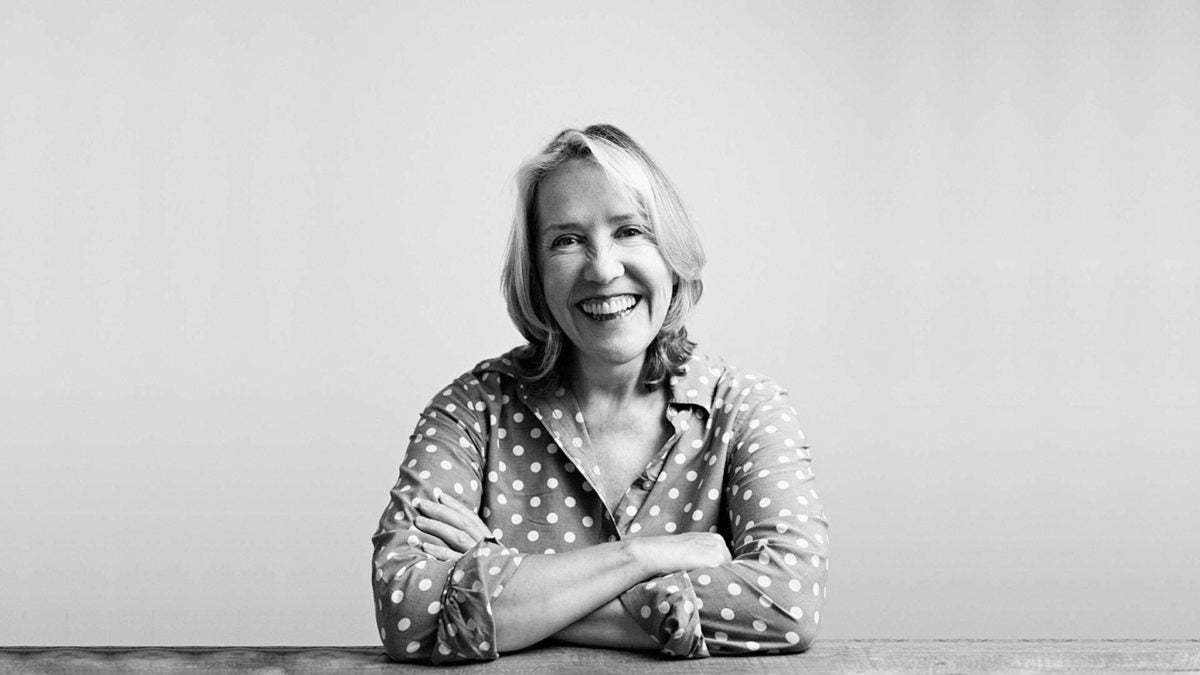Jill Duggan, Strategic Advisor, The Prince of Wales’ Corporate Leaders Group
Business and sustainability are no longer seen as two separate entities, but as a driving force behind a successful company.
The 2015 Paris climate summit is widely seen as the moment that the business world stepped up its presence in the sustainability debate, but some companies had been working on the issue for a decade or more, often as part of business coalitions.
One of these is The Prince of Wales’ Corporate Leaders Group (CLG), which has been bringing together European business leaders since 2005 to accelerate progress towards a low-carbon, sustainable economy. The group comprises 20 companies from a range of sectors including energy, retail, steel, pharmaceuticals, water, food and beverages.
The group’s strategic advisor, and former director, Jill Duggan says the voice of business is vital in advancing sustainability concerns. “If we had not had groups like the Corporate Leaders Group, we would not have got to the Paris summit with so many companies being willing to stand up and support a deal,” she says. “It’s very powerful to have CEOs speaking out.”
There is a push/pull process going on. Governments can’t enact laws with no support at all…Companies can provide credibility to government ambitions.
Corporate Influence
Since the failure to agree co-ordinated global action on climate change in 2009, companies have largely changed their view on cutting emissions. By the time of the 2015 Paris Accord “there was a realisation that climate change needed to be addressed, but also that it doesn’t have to be a threat – there are lots of opportunities, too.” says Duggan.
Business support for decarbonizing the economy is crucial, Duggan explains. “There is a push/pull process going on. Governments can’t enact laws with no support at all…Companies can provide credibility to government ambitions.”
But at the same time, business needs help from government to make the case for investing in climate solutions. Setting ambitious targets gives “management the authority within their companies to invest in the low-carbon technology and energy sources that they need.”
Tougher Targets
Since the early legislation on climate change ten years ago, governments are scaling up their targets for emissions reduction. This is essential to meet the requirements of the Paris Accord on keeping temperature rises to “significantly below” 2C.
Moves to “net zero” targets on emissions will drive greater take up of renewable energy, as well as cuts in emissions from heat and transport. Such targets are now achievable, says Duggan, due to the falling cost of renewable power, greater knowledge and willingness to take action.
Net zero targets focus companies on the task at hand whereas a partial target “leaves companies hoping everyone else will cut their emissions, allowing them to carry on emitting”.
“Companies that want to do the right thing will ensure that as far as possible they are powered by renewable energy. If it’s appropriate for your company, buying renewables is a great thing to do,” she adds.
Corporate Commitments
In part as a result of this bolder policy action, many companies are signing up to initiatives such as RE100 and committing to source some or all of their electricity from renewable sources.
It’s a much more creative and positive attitude rather attempting to continue the economy that we’ve had for the last 200 years.
Companies are taking note of other drivers, too, such as the recommendation of the Task Force on Climate-Related Financial Disclosure that they set out their climate risks, while the publication later this year of a report by the Intergovernmental Panel on Climate Change – on the impacts of a 1.5C warmer world – will add impetus to decarbonization efforts.
To ensure that as many corporate power consumers switch to clean energy as possible, the right policies need to be in place to encourage investment in the sector.
There has been a fundamental shift in attitude, Duggan says. “The major economies are moving away from saying: ‘how do we do what we did before, but decarbonized?’ to ‘how do we do it differently?’ It’s a much more creative and positive attitude rather attempting to continue the economy that we’ve had for the last 200 years.”
And while in the past, this was an issue where Europe saw itself as acting alone, now large emerging economies such as China and India have woken up to the challenge and are set to be the game changers.
